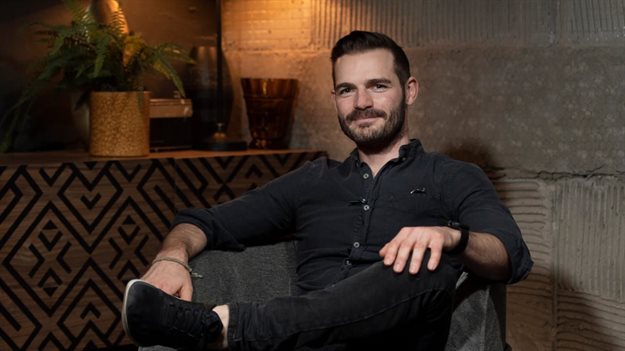
Top stories





EntrepreneurshipHow SMEs can build AI-ready businesses starting with the right technology foundation
Sudesh Pillay, WhyMAcForSME 15 minutes

More news























Logistics & Transport
Uganda plans new rail link to Tanzania for mineral export boost


“Sandton is already well-established as the beating business heart of the continent – and now it’s up to developers to properly establish a roadmap for the emerging trend of micro hotel apartment living and usage in the area, that ensures it’s sustainable for both them and buyers," says Wellensiek.
He says that it’s not simply a case of ‘build it and they will come’ – successful residential property development in the Sandton CBD is about establishing a sense of community and meeting the needs of people who are choosing to stay closer to offices, shopping centres and facilities like the Gautrain.
“We’ve built BlackBrick around a ‘vertical village’ concept – but also want to make people feel like part of a community – one which is small enough to make them feel involved, but also large enough that it offers them the freedom to expand their personal and professional lives into other cities and embrace new opportunities,” he says.
The scale of mixed-use developments is an important part of preserving this feeling. “There’s so little personality in a block with 1000+ apartments,” says Wellensiek. “Our belief is that the optimal size of a Sandton CBD-based residential and lifestyle development is 200-300 units. This gives us the space for people to breathe – but also collaborate and interact when they want – and put in place the kind of facilities that can be used to foster that sense of community that is so vital.”
The need for personal and professional flexibility brought about by pandemic-related lockdowns means that developments now need to blend comfortable living spaces with workspaces and infrastructure required to ‘work from home’ – or indeed establish and incubate new opportunities.
“Aside from fostering that sense of belonging, the next generation of developments also needs to cater for the necessity of flexibility – so hotel and apartment agreements need to be fluid to allow for both short- and long-term stays, or a shift to the kind of ‘members club’ we’re building by establishing locations in other cities and countries that people can switch between as they need to,” says Wellensiek.
To help create community and facilitate flexibility, developers also need to establish what kind of amenities Sandton CBD-dwellers will need, and anticipate how demand will change them over time. “The novelty of working from home has certainly worn off, so we need to give people spaces within developments where they can safely and efficiently work, before returning to their homes at the end of what now constitutes the ‘working day’,” says Wellensiek.
“But we also need to provide facilities like restaurants, conference facilities, meeting spaces for both work and play – and services like concierge, security, support and housekeeping. As much as its convenient to walk in areas like the Sandton CBD, mobility is key ... South Africans love their vehicles and asking them to give them up is counter-intuitive in the face of the kind of flexibility and freedom we’re trying to offer.”